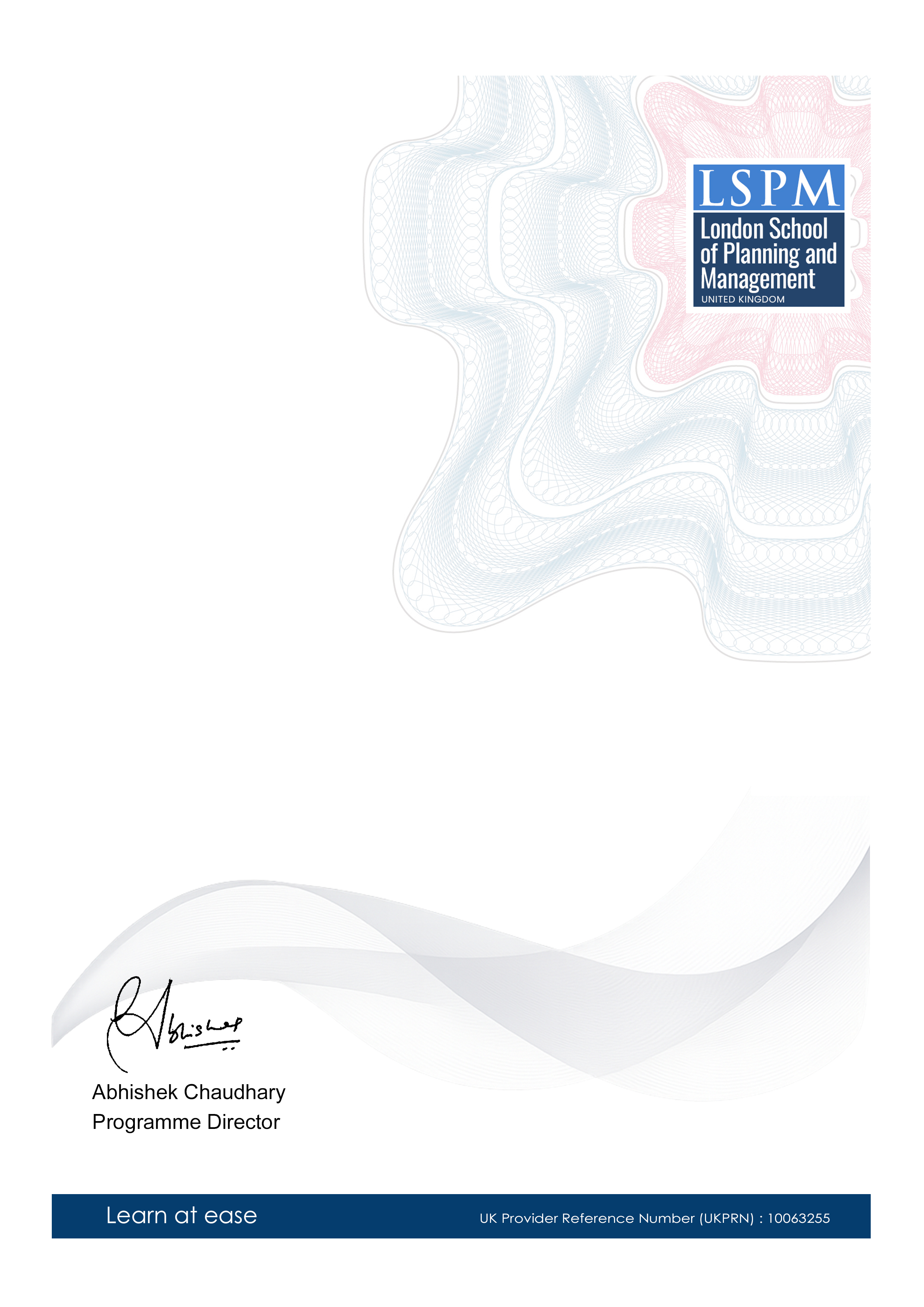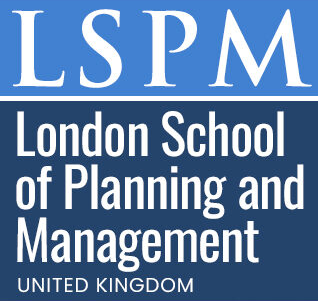Postgraduate Certificate in Communication Disorders in Recovery Programs
-- viewing nowThe Postgraduate Certificate in Communication Disorders in Recovery Programs is a vital course designed to meet the growing industry demand for professionals who can assist individuals with communication disorders in recovery settings. This certificate course emphasizes the importance of evidence-based practices, current research, and interdisciplinary collaboration to provide effective communication support for people in recovery.
2,887+
Students enrolled
GBP £ 149
GBP £ 215
Save 44% with our special offer
About this course
100% online
Learn from anywhere
Shareable certificate
Add to your LinkedIn profile
2 months to complete
at 2-3 hours a week
Start anytime
No waiting period
Course details
• Assessment and Diagnosis of Communication Disorders: This unit covers the principles and techniques for assessing and diagnosing communication disorders in various recovery programs. It includes the use of standardized tests, observations, and interviews.
• Language Development and Disorders: This unit focuses on the typical and atypical development of language skills in children and adults. It covers various language disorders, including aphasia, dyslexia, and specific language impairment.
• Speech Sound Disorders: This unit explores the nature and causes of speech sound disorders, including articulation disorders, phonological processes, and motor speech disorders. It also covers the assessment and treatment of these disorders.
• Voice and Resonance Disorders: This unit covers the anatomy and physiology of the voice and resonance mechanisms and the assessment and treatment of voice and resonance disorders, such as vocal fold nodules, polyps, and paralysis.
• Fluency Disorders: This unit focuses on the nature and causes of fluency disorders, including stuttering and cluttering. It covers the assessment and treatment of these disorders and strategies for managing communication breakdowns.
• Cognitive-Communication Disorders: This unit explores the assessment and treatment of cognitive-communication disorders, including attention, memory, problem-solving, and executive functioning. It covers various neurological conditions, such as traumatic brain injury, stroke, and dementia.
• Cultural and Linguistic Diversity in Communication Disorders: This unit covers the cultural and linguistic diversity of clients with communication disorders and the impact of culture and language on assessment, diagnosis, and treatment. It includes strategies for working with diverse populations and avoiding cultural bias.
• Research Methods in Communication Disorders: This unit covers the research methods and statistical analysis used in communication disorders. It includes designing and implementing research studies, analyzing data, and interpreting results.
Career path
Entry requirements
- Basic understanding of the subject matter
- Proficiency in English language
- Computer and internet access
- Basic computer skills
- Dedication to complete the course
No prior formal qualifications required. Course designed for accessibility.
Course status
This course provides practical knowledge and skills for professional development. It is:
- Not accredited by a recognized body
- Not regulated by an authorized institution
- Complementary to formal qualifications
You'll receive a certificate of completion upon successfully finishing the course.
Why people choose us for their career
Loading reviews...
Frequently Asked Questions
Course fee
- 3-4 hours per week
- Early certificate delivery
- Open enrollment - start anytime
- 2-3 hours per week
- Regular certificate delivery
- Open enrollment - start anytime
- Full course access
- Digital certificate
- Course materials
Get course information
Earn a career certificate

